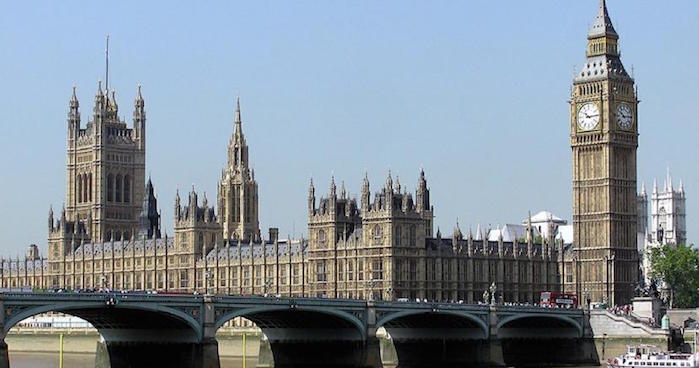The NPA has expressed serious concerns about the potentially heightened risk of animal disease incursion in the event of a Brexit ‘no deal’.
The UK pig sector is currently on high alert as African swine fever (ASF) spreads rapidly across Europe, reaching Belgium in September, and other regions, notably China.
In a report published on Wednesday, the House of Lords EU Energy and Environment Sub-Committee warned that the UK’s biosecurity could be compromised after we leave the EU. The committee highlighted at least seven areas that the UK Government will need to address before Brexit day, in order to maintain our current defences:
- Information sharing;
- Capacity in the veterinary sector;
- Inspections and audits;
- Access to research funding;
- Enforcement of biosecurity legislation;
- Capacity within Government departments and agencies; and
- The legislative framework.
It expressed doubt that the UK would have effective replacement systems ready in the event of a no-deal Brexit in March 2019.
The report concluded that the Government will have to strike a balance between maintaining the integrity of the UK’s biosecurity and the need to facilitate trade and reduce delays at the UK’s ports and airports.
The NPA gave evidence to the inquiry, warning that Brexit posed ‘great risks to the industry’, particularly with the current threat posed by ASF.
The NPA submission stated: “There is a risk that the uncertainty brought about by Brexit would make an easy opportunity for disease to be imported. This could come as a result of fewer resources being put into disease surveillance and border control, less communication with European partners in surveillance activity, or a wilful dilution of standards in imported products.”
NPA senior policy advisor Georgina Crayford pointed out that the British pig industry has suffered from two devastating notifiable disease outbreaks in the past, Classical Swine Fever in 2000 and foot-and-mouth disease in 2001, which cost the UK government an estimated £8bn.
“We have been concerned for some time about the issues raised in the report and we are delighted the committee has raised them in its report,” she said.
“The UK pig sector has worked exceptionally hard to maintain its notifiable disease free status and so must be assured that our ability to protect the health of the national herd will not be weakened by Brexit.”
Dr Crayford highlighted cases reported recently where surveillance at airports, including in the US and Japan, has identified meat infected with the ASF virus carried by passengers before it got any further.
“The most likely route of entry for the virus is infected meat brought into the country through our ports or airports – one lapse could cause devastation across the UK pig sector. If ASF got into our herd, it could result in the slaughter of thousands of pigs, effectively bring the pig sector to a standstill for months, cut off our burgeoning export market overnight, worth nearly £300 million in 2017 and cause major disruption in the countryside,” she said.
“We understand the pressures associated with a no deal, but want to stress in the strongest possible terms that it is absolutely essential that the Government does not take any shortcuts with surveillance and border checks, whenever we leave the EU. The stakes are too high.
“We will continue to engage constructively with Defra and APHA about our post-Brexit biosecurity arrangements.”
Defra response
In a post on Defra’s blog, a Defra spokesperson said: “The government’s ability to protect the country from pests and diseases will not be compromised once we leave the EU, nor will we stop sharing information with European or other global partners. To do so would be in nobody’s interests.
“All member countries are required to report any listed animal disease to the World Organisation for Animal Health within 24 hours of a disease being confirmed. We will also remain part of plant information-sharing networks, such as European and Mediterranean Plant Protection Organisation (EPPO).
“Within Defra we have taken a number of steps to maintain our high biosecurity standards post March 2019. This includes working with industry to make sure the necessary numbers of vets are in place.
“We will formally respond to this report in due course.”




